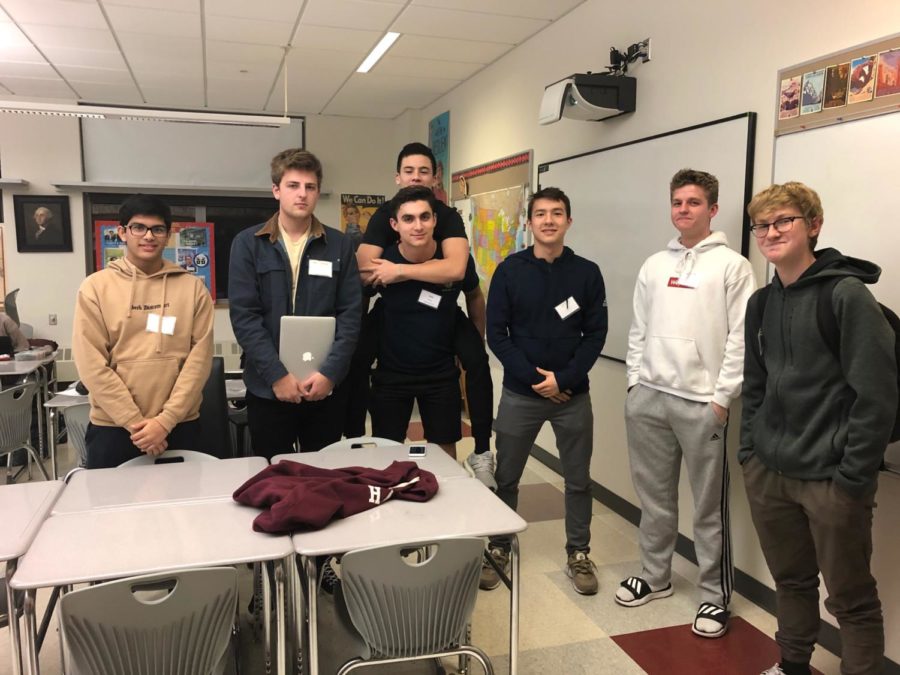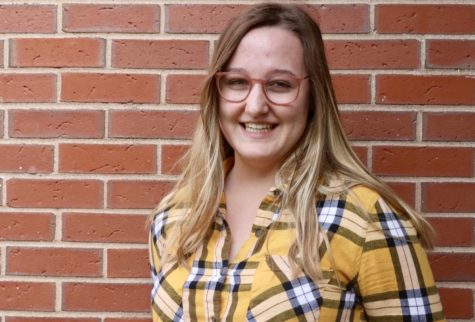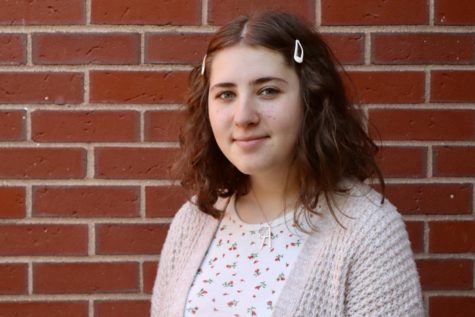WHS Computer Science Club organizes Hack-a-thon
Event raises awareness for disabilities and coding
November 24, 2019
The WHS computer science club hosted “Hackaway for Good” on Saturday, Nov. 16, an event in which participants developed their coding skills and designed technology to help those with disabilities.
“We are focusing on building things and applications that can help the visually impaired,” sophomore Andrew Boyer, treasurer of the computer science club, said. “Being blind comes with a vast amount of challenges, and our goal is to help those people out by even just taking off little burdens like finding a place to sit at lunch and playing video games. We also want to find some solutions to help make websites more accessible to the blind.”
The hack-a-thon also aims to promote awareness of the plights suffered by those who are visually impaired.
“The hack-a-thon will promote awareness of issues people with disabilities face that most people might be oblivious to,” senior computer science club president Jasper Hsu said. “I feel this is really important because everyone deserves to be heard.”
Teams were comprised of students from all over, with attendees hailing from as far as Hopkinton and Arlington. Each team chose one of three challenges to address. “Let’s Play!” prompted coders to make video games or other entertainment sources more accessible. “Find a Seat” asked coders to design a new technology to assist visually impaired students with finding a place to sit in social situations.“Knock Down Barriers” challenged students to come up with a solution for the underperformance of screen readers.
The day started at 9 a.m. in the WHS lecture hall with a keynote address from Paul Ruvolo, an associate professor of computer science at Olin College of Engineering. Aside from a workshop on microbits, the rest of the day was devoted to designing and building.
Forbes “30 Under 30’s” Ali Assid and his brother, Yuseff Assid, initiated the demos with an introduction to their own startup: Bound, an augmented reality technology company.
“The technology we wanted to build was to make [deaf] people able to visualize sound without any use of surgery,” Ali Assid said in his presentation.
“In order to test the concept, we started by building our own headset and getting it to the deaf people around us to try them, and then based on that feedback, we developed several prototypes,” Yussef Assid said.
The judges included Evolv Technology Founder and CEO Michael Ellenbogen, WHS computer science teacher Michael Hopps, Wellesley College computer science instructor Sophie Lee and WHS Innovation teacher Jay Moody.
“The first thing I’m going to say, and I’m going to preface it with this: You’re all going to groan at what I have to say–is that you’re all winners,” Moody said as he addressed the contestants. “Seriously, if there’s one thing you’re going to take away from today, it’s that you’re making the world a better place, you’re making your life better. I led innovation at a couple of different Fortune 500 companies before I came to teach high school, and what you’re doing today, it’s what makes a difference in your career.”
First, second, and third place went to the winners of each of the three challenges. First place for the “Find a Seat” challenge went to “The C-Clops,” which won first place overall. First place for “Knock Down Barriers” went to the team that created Open Alt, who won second place overall. First place in “Let’s Play!” went to “The Hopkinton Coders,” which won third place overall.
The inspiration for Hackaway for Good came to Hsu while volunteering.
“After working with a charity to support students with eyesight impairments, I realized I didn’t know that much about accessibility,” Hsu said. “Coming straight out of a hack-a-thon myself a few months later, I thought that a hack-a-thon at my school, involved with accessibility, was a fantastic idea to spread awareness of disabilities and coding.”





![Last Wednesday, the Wayland School Committee gathered to discuss a number of topics regarding the health curriculum and Innovation Career Pathway course. Another large topic of conversation was the ways to potentially mitigate distracting cell phone usage. "These [phones] are going to distract your learning and social relationships," Superintendent David Fleishman said. "That's concrete right there."](https://waylandstudentpress.com/wp-content/uploads/2025/06/Screenshot-2025-06-04-at-9.49.31 PM-1200x886.png)



























![Troy Hoyt finishes the Boston Marathon, running for the Hoyt Foundation. T. Hoyt is the son of Hoyt Foundation CEO Russ Hoyt.
“[Running a marathon] might seem like a big thing, when it’s presented to you at first, but if you break it up and just keep telling yourself, “Yes, you can,” you can start chipping away at it. And before you know it, you’ll be running the whole 26 miles, and you won’t even think twice about it.” T. Hoyt said.](https://waylandstudentpress.com/wp-content/uploads/2025/04/C36E8761-1CBB-452E-9DF2-543EF7B1095E_1_105_c.jpeg)














































